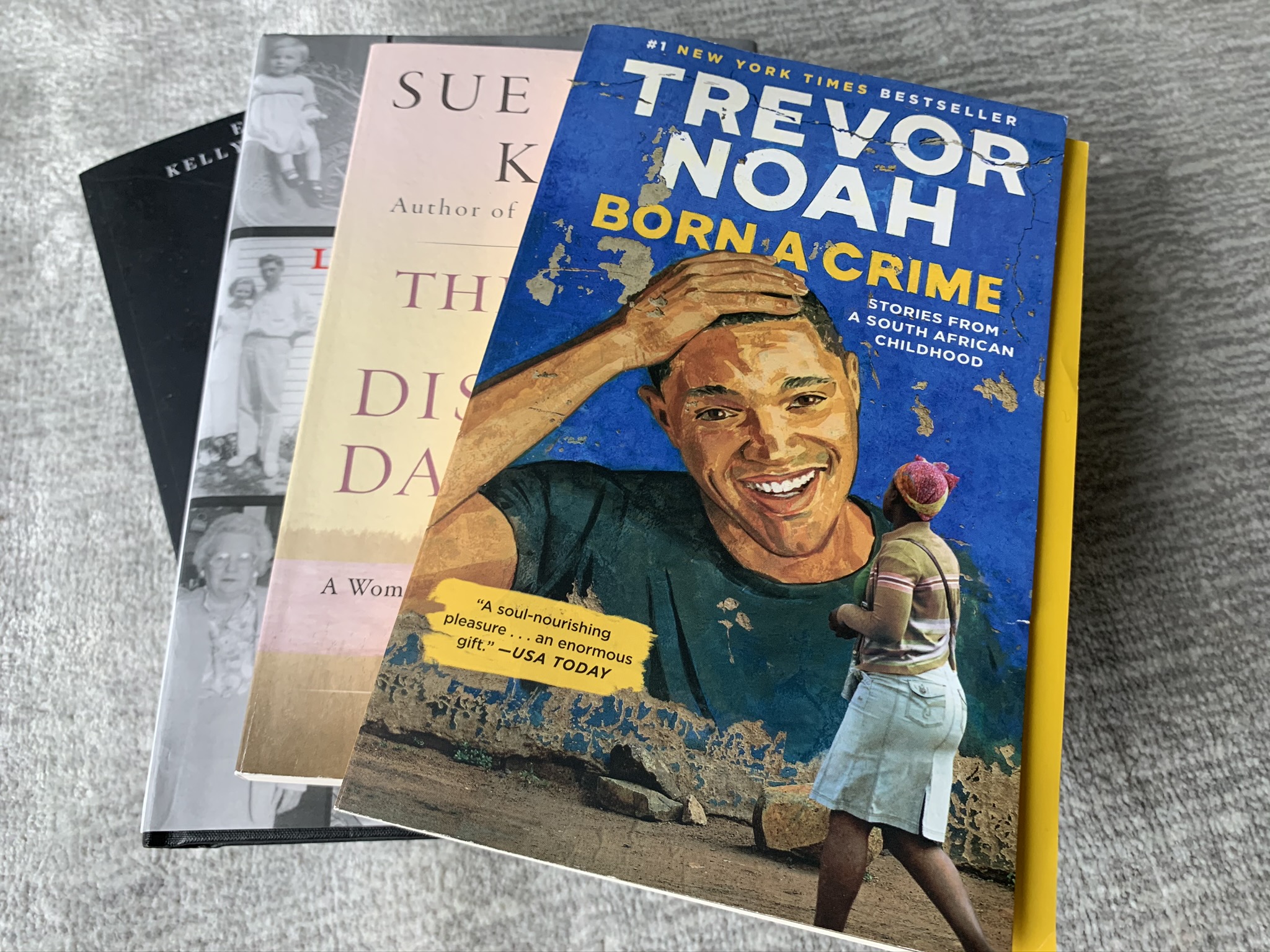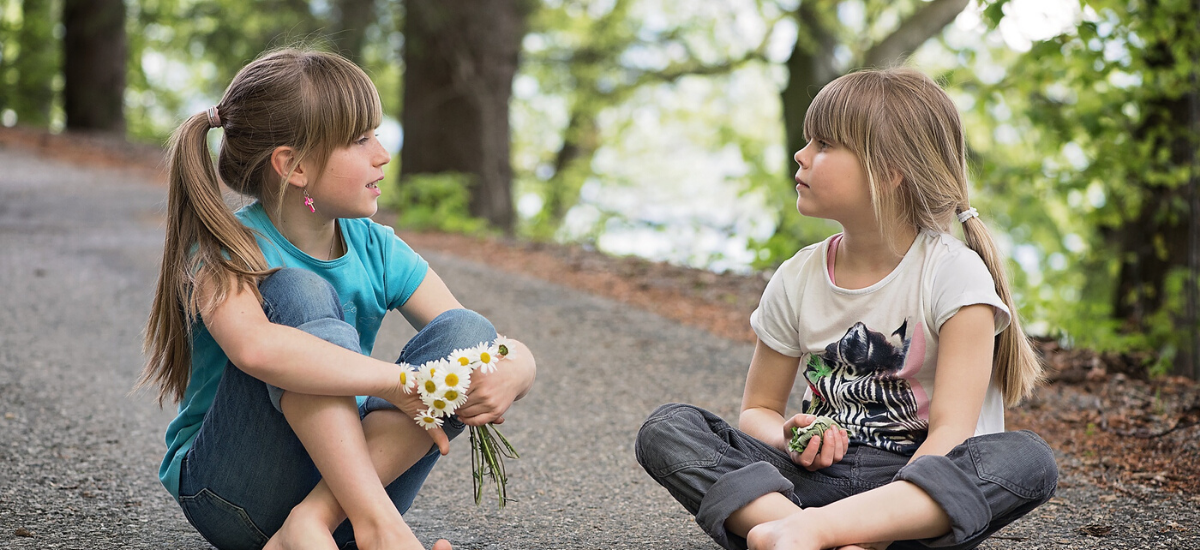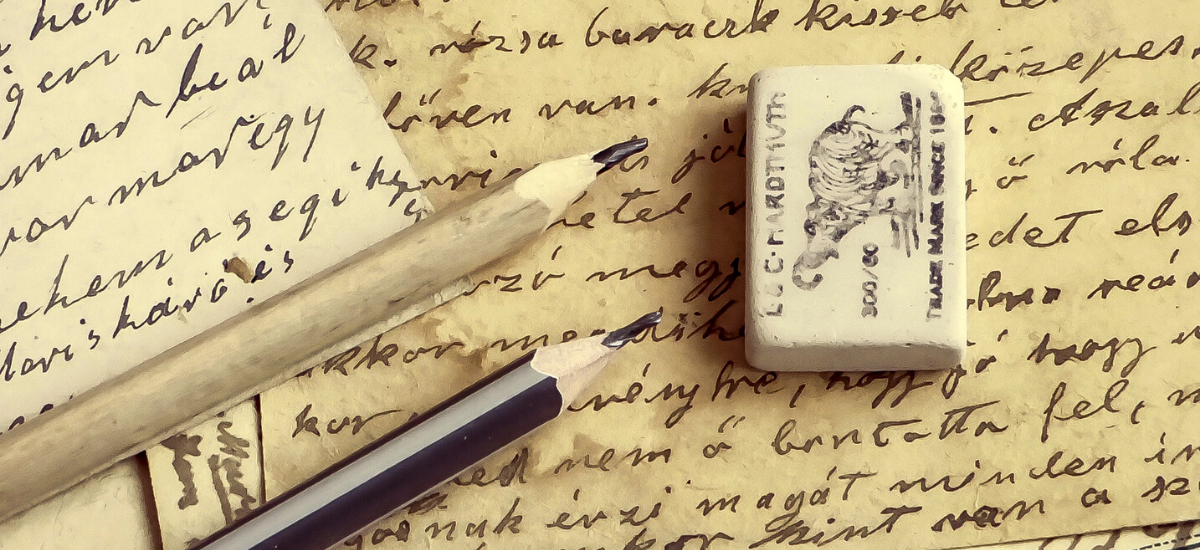Month: April 2020
Cor Da Teen
By: Farida Guzdar
“Cor da teen” aka Quarantine
My daughter was walking her dog when her three year old neighbor called from his window to inform her that they were under “cor da teen.” What a world we live in when children that young know about quarantine, viruses, murders, terrorism, school shootings, and a host of other things we didn’t know about until much later.
I wonder how parents explain these situations to young kids when even we adults are struggling with their implications. I hear from millennials that they are thinking whether they want to bring children into today’s world. Sadly, I get it.
The entire world has been brought to its knees by a tiny organism – Covid 19 – and no one is safe from it. The rich can’t buy a cure because there isn’t one. As always, the poor have no hope. Governments are urging people to stay home; but what about the homeless? In many underdeveloped countries, the streets are home to millions. Where do they go? No one seems to have an answer, much less considered the plight of these routinely forgotten people.
“Cor-Da-teen” affects others
Those who have the money are hoarding everything from food to toilet paper. Those who don’t care about other lives are congregating on beaches and in parks. This is the first time in living history where one’s actions affect others’ lives.
The Givers and Takers
I’m reminded of what a friend told me long ago; the world is made up of givers and takers. These are times when our true nature is revealed. The givers are donating to the food bank, to hospitals for daily meals for healthcare workers and much-needed business for local restaurants, making cloth masks for hospitals and nursing homes in short supply of personal protective gear, and volunteering to drive for meals on wheels to help the growing number of seniors who are homebound and don’t have access to food.
The takers are price gouging on necessities like sanitizer, medical supplies, and food staples. Then there are the ones who just take care of their own without a thought for anyone else.
Where do you stand? A crisis is what defines you as a person. No matter what you think, what you feel; this is the time for action. Give, like your life depends on it. It does!
“Cor-da-teen/Quarantine Activities
Since everyone is homebound, we are spending more time with family. Are we taking the time to make the most of it? To bond with our children who we’re normally just shuttling around to school, sports, music, etc. Enjoy this gift of time.
Play with and read to the little ones; discuss and get to know the older ones. If you’re alone like me, it’s a time to reflect and ponder where you are in life and what the future may hold however uncertain it is right now. Pick up the phone and call someone you haven’t talked to in a long time. Reconnect with old friends. Make up with family members you don’t even remember why you stopped talking to.
Check on older friends and neighbors; bring them food and supplies. This is the time for the entire world to show their humanity because each and every one of us is affected by this. Tell those you love that you love and cherish them. Don’t wait for later; there may not be a later.
This is also a time to stay physically and mentally fit. Go for a walk if you can. Yoga and meditation is great to keep you grounded and calm. Read a book and escape to a better place and time. Watch TV but don’t be a couch potato. Don’t watch the news 24/7. Reliable sources a couple of times a day is adequate. Cook and eat healthy meals. Share recipes with friends and family.
Journaling and writing a good outlets for your thoughts and feelings. Keep the faith. Keep your spirits up. There’s a light at the end of the tunnel. This will pass.
What has the pandemic showed you about yourself and others?
By: Leigh Morrow
As the first scenes started emerging, I could only think of my week in Vietnam, interviewing the WHO conference attendees and taking my hidden camera into the rural wet markets explaining and exposing how a pandemic was building its army in Asia and would one day,awake. That was Feb of 2005.
They openly hugged their friends, even strangers, and sat close together, always. They held hands, and tried again.


